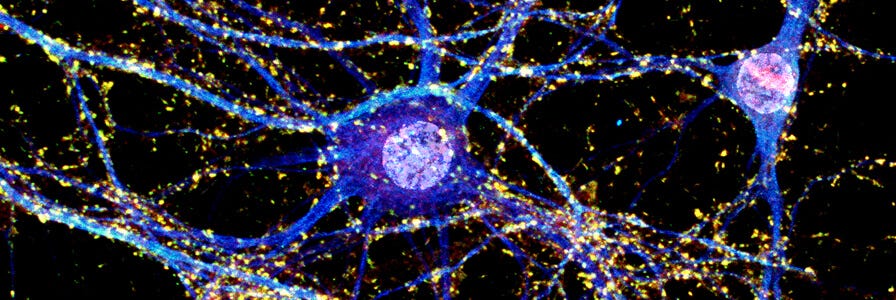
https://www.medicalnewstoday.com/articles/326745.php#1
Related Article:
https://www.sciencedaily.com/releases/2019/10/191016131224.htm
Researchers from the Blavatnik Institute at Harvard Medical School discovered how the brain’s neural activity plays a role in human aging and life span. There have been previous studies that had suggested that parts of the nervous system influence aging in animals, but there was not much evidence to show how neural activity affected the lifespan of humans. New findings reveal that neural excitation influences longevity down the insulin and insulin-like growth factor (IGF) signaling pathway. Insulin and IGF are known for molecular influencers of longevity. So, scientists, found that REST, a transcription factor (proteins that control gene expression), suppresses genes that have a role in neural excitation in animals ranging from worms to mammals.
The researchers ran tests in which they blocked REST (or an equivalent transcription factor) in various animal models. The results showed high neural activity and a shortened life span of the animals. In contrast, boosting levels of REST showed lower neural activity and longer life spans. Also, postmortem human brain tissue cell research also showed that individuals whose life span reached 100 years had significantly higher levels of REST in their nuclei relative to those whose life span was 20-30 years shorter.
I thought that this article was really cool because it made me think about how I am going to live my life: do I want to think more or less? Also, it makes me think of what researchers will now do with this knowledge. Will they try to slow down human aging with the REST protein? If the discovery of slowing down aging is a thing while I’m still alive, I would not participate in it.
No comments:
Post a Comment